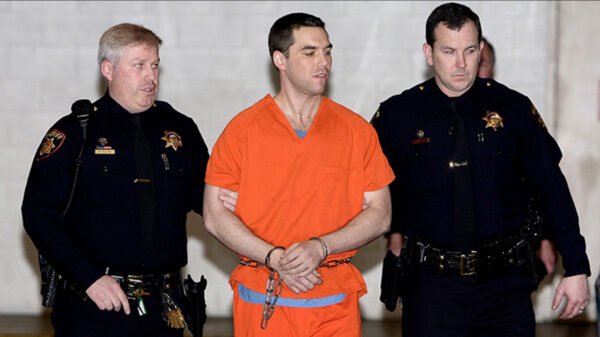Yom Kippur stands as the most solemn and significant day in the Jewish calendar, a day dedicated to atonement and repentance. Known as the Day of Atonement, it concludes the Ten Days of Repentance that begin with Rosh Hashanah, the Jewish New Year. This period is a time for reflection, prayer, and seeking forgiveness, both from God and fellow human beings. Yom Kippur provides a profound spiritual experience, drawing individuals closer to their faith and community through ancient traditions and rituals that have been observed for thousands of years.
The Origins and Significance of Yom Kippur
Yom Kippur’s origins can be traced back to biblical times, specifically to the book of Leviticus, where God instructs Moses on the procedures for atonement. This day was set aside for the High Priest to enter the Holy of Holies, the most sacred part of the Temple, to make sacrifices for the sins of the people. It symbolizes God’s forgiveness for the Golden Calf incident, emphasizing mercy, forgiveness, and the possibility of renewal.
A Day Dedicated to Repentance
The essence of Yom Kippur is captured in its central themes of atonement and repentance. It is a day when Jews around the world abstain from physical pleasures and focus inward, reflecting on their actions over the past year and seeking to make amends. Fasting, prayer, and confession play crucial roles in the observance of this holy day, facilitating a spiritual cleansing and renewal. The ultimate goal of Yom Kippur is to emerge from the day reconciled with God and fellow human beings, having made peace with oneself and the world.
The Practices and Observances of Yom Kippur
Fasting and Abstinence
One of the most well-known aspects of Yom Kippur is the 25-hour fast that commences before sunset on the eve of Yom Kippur and ends after nightfall the following day. Fasting serves as a physical manifestation of the day’s spiritual intentions, a personal sacrifice made in pursuit of atonement. In addition to fasting, observants abstain from bathing, wearing leather shoes, applying lotions or perfumes, and marital relations, further emphasizing the day’s focus on spiritual rather than physical needs.
Prayer and Confession
Prayer occupies the majority of Yom Kippur, with services extending throughout the day. The liturgy of Yom Kippur is unique, including special prayers and confessions (Vidui) that are recited communally, acknowledging communal responsibility for sins. The Kol Nidre service, held on the eve of Yom Kippur, features the solemn chanting of a legal formula that annuls vows made to God during the year, highlighting the themes of human fallibility and divine forgiveness.
The Closing Service: Ne’ilah
The Ne’ilah service, which marks the closing of Yom Kippur, holds special significance. It represents the final moments of the day, a last opportunity to seek atonement before the “gates of heaven” are sealed. The intensity and fervor of the prayers reach a peak during Ne’ilah, culminating in the final blowing of the shofar, a ram’s horn, signaling the end of the fast. This moment is charged with emotion and spirituality, reflecting the culmination of a day spent in deep contemplation, prayer, and connection with the divine.
The Contemporary Relevance of Yom Kippur
In a modern context, Yom Kippur offers a timeless message of reflection, responsibility, and renewal. It encourages individuals to pause from the relentless pace of daily life and examine their actions and intentions. The themes of atonement and reconciliation are universal, resonating with people across different faiths and backgrounds. Yom Kippur provides a framework for addressing wrongdoings, making amends, and striving for a better, more meaningful life.
A Community United in Reflection
Yom Kippur strengthens communal bonds, as congregants gather to pray and reflect together. The shared experience of fasting and participating in the services fosters a sense of unity and collective responsibility. It is a reminder of the strength found in community and the support systems that sustain individuals through times of challenge and change.
Lessons for the Future
As Yom Kippur concludes and the new year begins, the lessons of the day continue to resonate. The processes of reflection, atonement, and commitment to improvement are not confined to a single day but are principles that can guide daily life. Yom Kippur serves as a yearly checkpoint, a time to realign with one’s values and goals, and recommit to living with integrity, kindness, and purpose.
Conclusion
Yom Kippur, with its ancient rituals and deep spiritual significance, continues to be a cornerstone of Jewish religious life, offering a profound opportunity for reflection, atonement, and renewal. Through the practices of fasting, prayer, and confession, individuals are invited to engage in a rigorous process of self-examination, seeking forgiveness and committing to personal and communal growth. As the Day of Atonement concludes, it leaves behind a powerful message of hope, resilience, and the endless capacity for renewal that defines the human spirit.














































